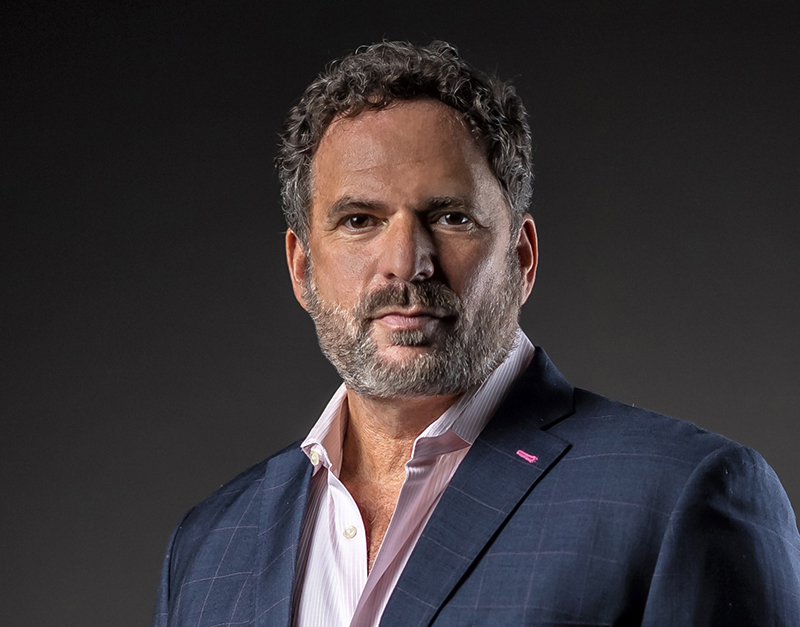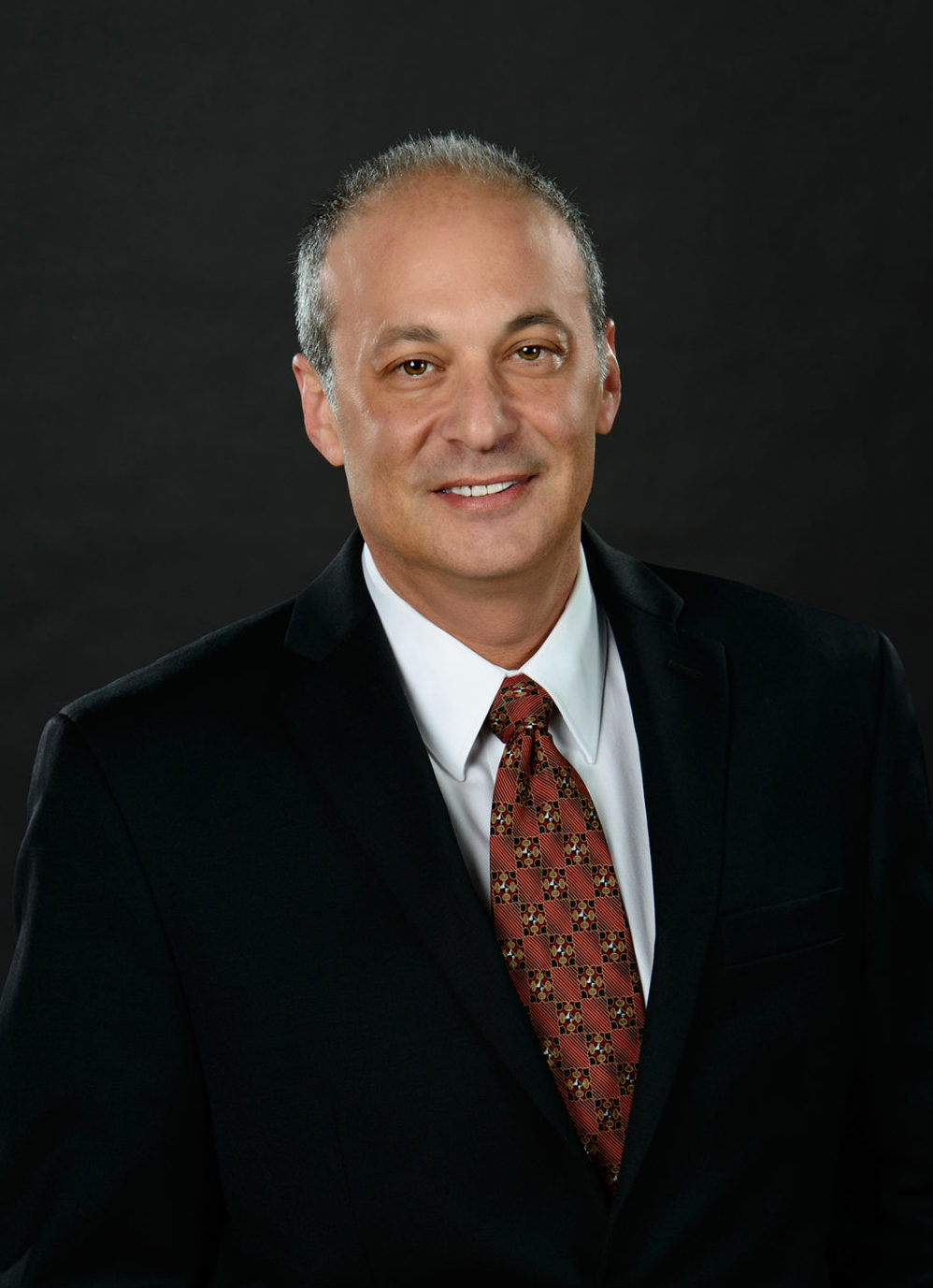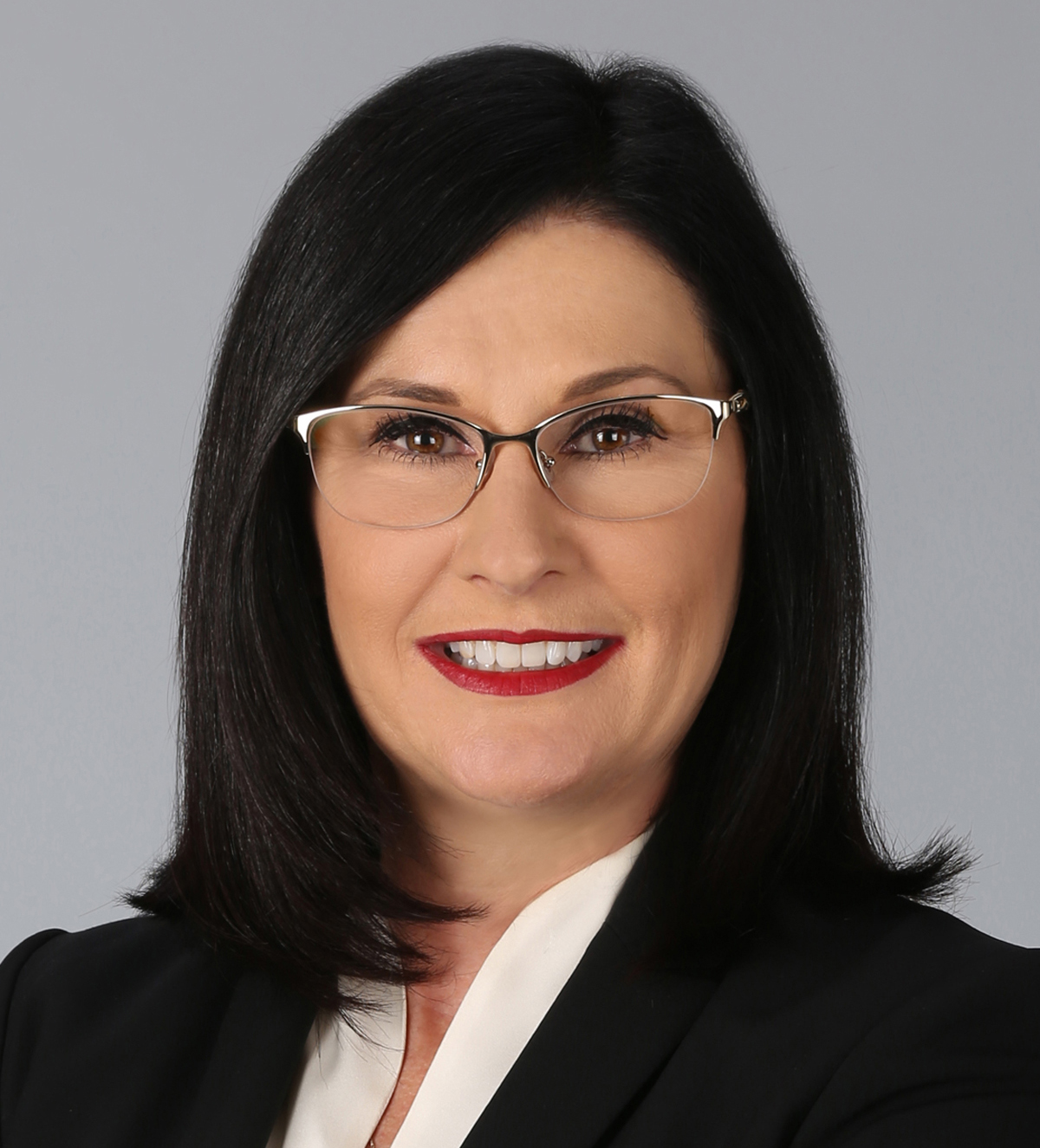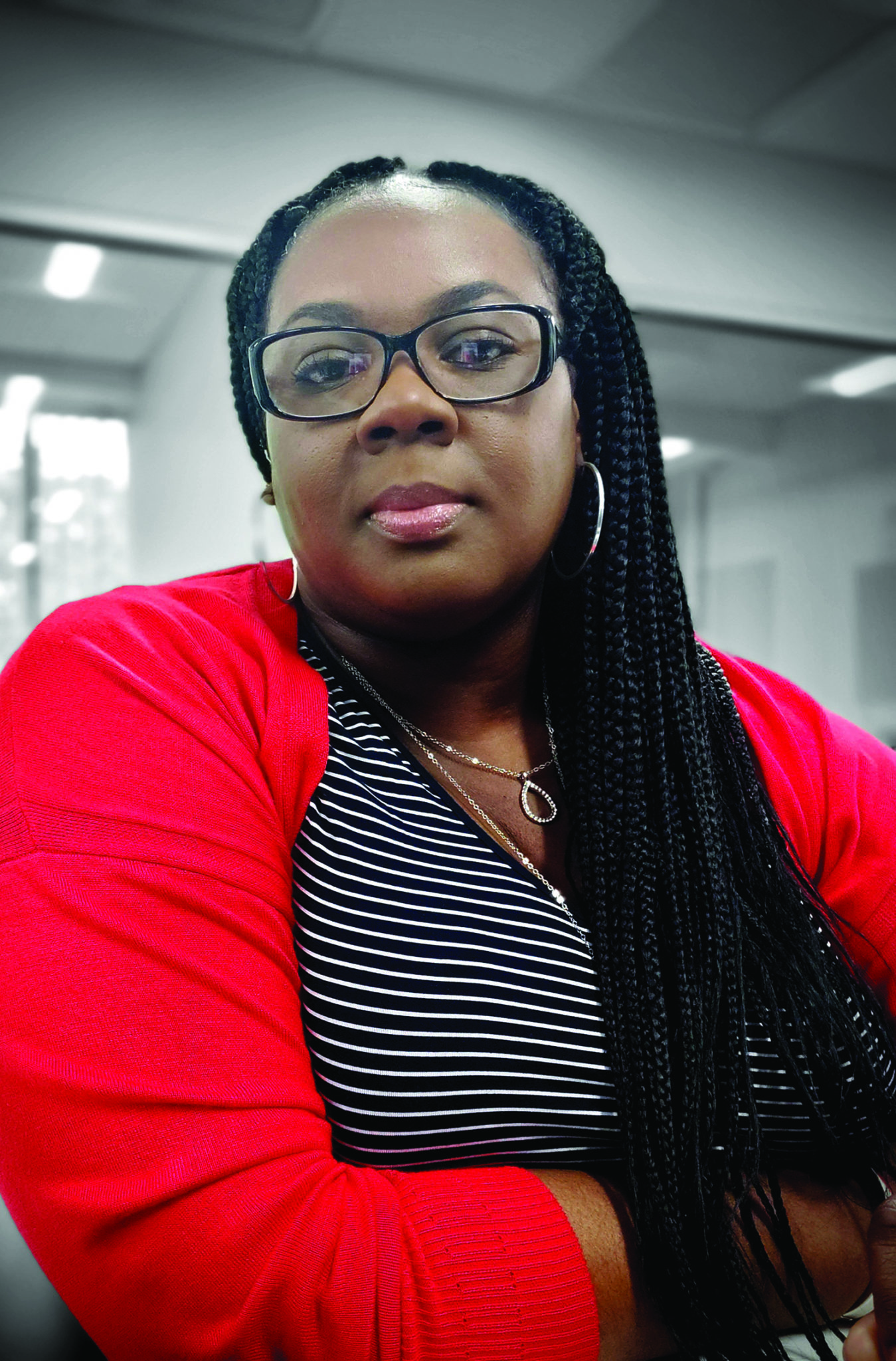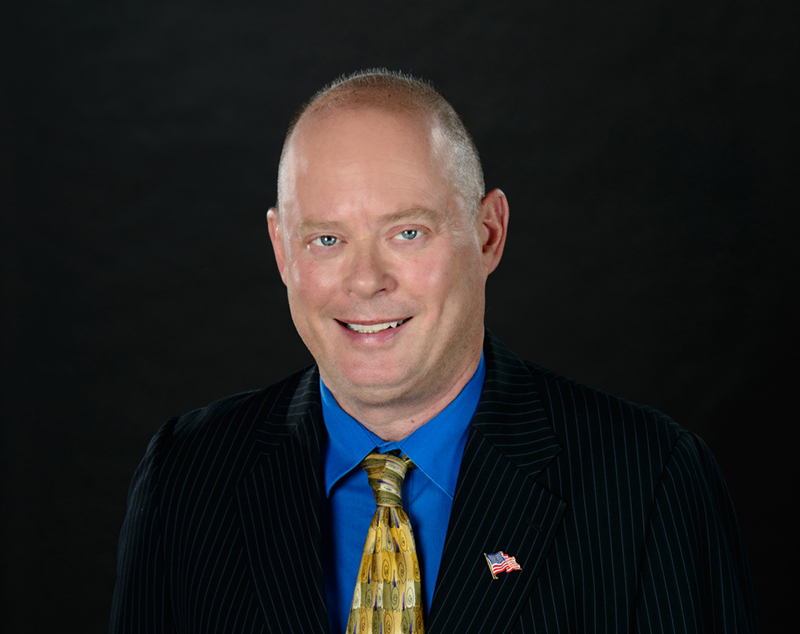By Greta Schulz
What would you say to a friend who said he met a great girl and after two dates he was going to ask her to marry him? Most of you would say, “Are you crazy?”
If you are going to ask someone to marry you, aren’t you expecting them to say yes because of what you already have learned about them? You would have noticed any red flags during the courting period, and you either would have addressed them or gotten out of the relationship.
Makes sense, right? Then why, in sales, do we learn very little about our prospects and ask them to marry us so soon?
Somehow, we think courting is not necessary in business. Well, it is. A prospect needs to understand you and your organization and get questions answered. You, meanwhile, need to understand their real needs, not just the ones they tell you upfront. You need to know why the needs exist, to help you customize a recommendation that addresses all of those needs, not just the ones they initially told you.
The courting period is the time where you really get to know a prospect’s issues and how they are affecting them and their organization. I don’t mean taking them to lunch and to play golf. That’s not what building relationships truly are about. Courting should allow prospects to discover for themselves that they want to do business with you.
You could tell them why early on, by giving them your “dog and pony” show of all of your features and benefits, and/or by telling them how you have helped others just like them. Imagine using such approaches on a date.
Instead, use these tips to be successful in sales—and, frankly, in dating:
• Slow down. Courting takes time. If it is done well, this discovery period will help determine the best plan.
• Ask great questions to get your prospect talking. I’m not talking about questions such as, “Wouldn’t it be helpful if you had a solution that would print your widgets faster and for less money?” That is a leading question, and a silly one. Do you really think they can’t see through that? Instead, ask open-ended, thought-provoking, neutral questions. Think of your questions this way: If you didn’t have an ulterior motive to sell this person, what would you ask them to try to help them with their issue? Those are the right questions. They show that you care about the entire picture and not only what revolves around your solution.
• You must truly understand what the clear next step will be at the end of the meeting or telephone conversation. Not just “I’ll call you next week with the proposal” or “I’ll send a proposal to you on Tuesday.” No, you must get a clear date and time that you both agree to and have it on the calendar. Your responsibility is to get the agreement of that next step, not suggest it to them. There must be skin in the game, and this is how to test that … before you propose anything.
• Make sure you have a full understanding of what they will do if you offer some recommendations based on what they need and how working with you will solve those issues. In other words, don’t buy the ring until you know she’ll say yes.
Is the sales business really like dating? Yes and no. It’s more like it than you think. Understanding people—truly understanding people—is the key to a successful career in sales … unless you have enough money to buy lots of engagement rings.♦
Greta Schulz is president of Schulz Business, a sales consulting and training firm. She is the best-selling author of “To Sell is NOT to Sell” and works with Fortune 1000 companies and entrepreneurs. For more information or free sales tips, go to schulzbusiness.com and sign up for “GretaNomics,” a weekly video tip series, or email sales questions to greta@schulzbusiness.com.





